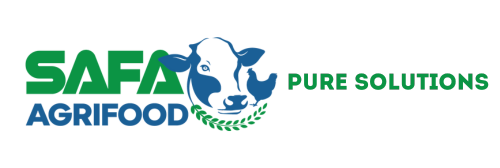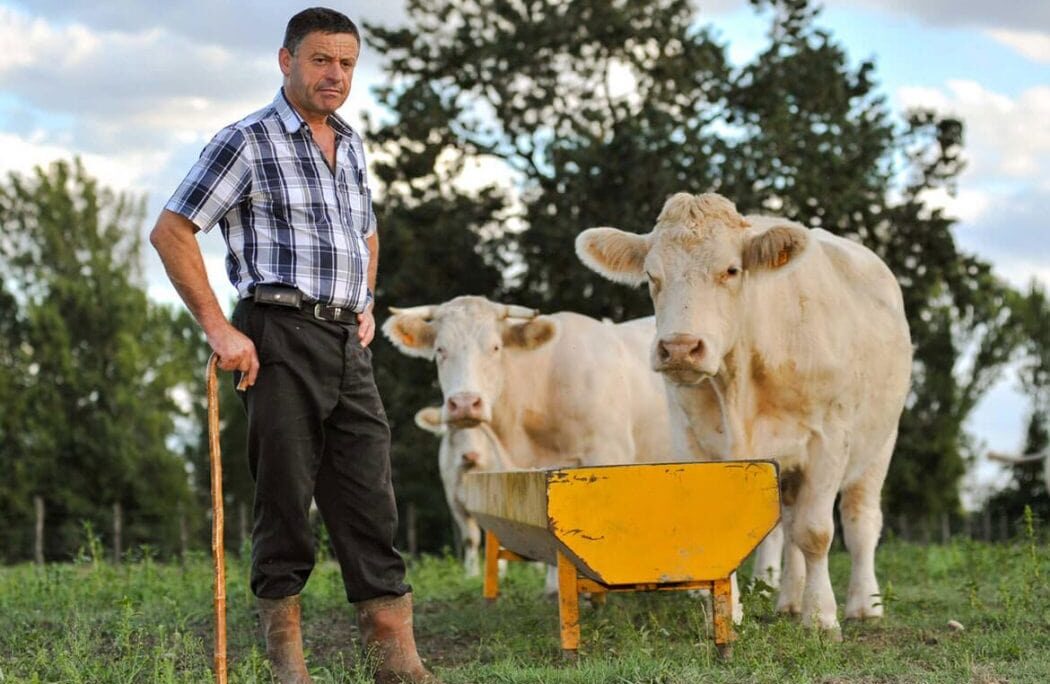How Life Cycle Analysis Guides Sustainable Farming
For generations, dairy farming has sustained us with nutritious milk and its derivatives. Yet, concerns regarding its environmental impact are growing. Enter life cycle analysis (LCA), a powerful tool helping dairy farms understand and minimize their ecological footprint.
LCA meticulously tracks the environmental impact of a product or service across its entire lifespan, from “cradle to grave.” In dairy farming, this encompasses everything from feed production and cow rearing to milk processing, packaging, and waste disposal. Each stage carries its own environmental burden, with greenhouse gas emissions, water usage, and land use being key concerns.
LCA empowers dairy farms to identify hotspots – crucial stages contributing the most to their environmental footprint. For example, it might reveal that feed production, particularly energy-intensive soy cultivation, is a major contributor to greenhouse gas emissions. Alternatively, it might identify inefficient water usage in milking parlors or high energy consumption during milk processing.
Armed with this knowledge, farms can implement targeted solutions. Substituting soy with locally grown feed alternatives, investing in water-efficient technologies, and adopting renewable energy sources are just a few examples. LCA data can also inform strategic decisions, like choosing packaging materials with lower environmental impact or exploring partnerships with biogas plants to utilize manure waste sustainably.
Beyond individual farms, LCA plays a crucial role in driving industry-wide change. By comparing different production methods and dairy products, LCA can highlight more sustainable practices. This information can then be used to inform policy decisions, encourage consumer choices, and drive innovation towards more environmentally friendly dairy production systems.
However, limitations exist. LCA models require comprehensive data and ongoing updates, presenting challenges for smaller farms. Additionally, interpreting LCA results requires expertise and consideration of local contexts.
Despite these limitations, LCA remains an invaluable tool for guiding dairy farms towards a more sustainable future. By uncovering hidden environmental costs and informing targeted solutions, it empowers farms to reduce their environmental impact while ensuring the long-term viability of this important industry. By working together, farmers, researchers, and policy makers can leverage LCA to unlock a more sustainable future for dairy production, ensuring not only delicious milk but also a healthy planet for generations to come.

